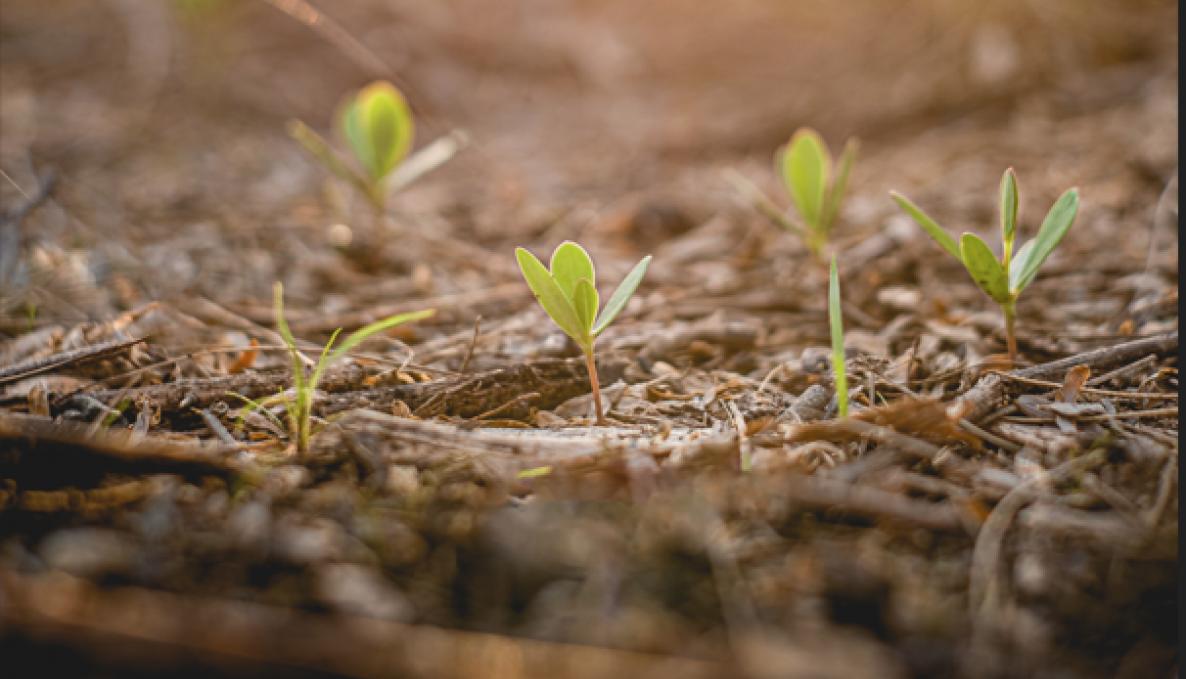Towards a greener agriculture without compromising crop yields: study by the Sant'Anna School and the University of Pisa shows how to avoid glyphosate use, the most applied herbicide in the world
Success of a three-year experiment conducted on sunflower: we had a complete and natural control of weeds. The study published in the prestigious international scientific journal "Agronomy for Sustainable Development"

Moving towards a greener agriculture, which does not use synthetic fertilizers and herbicides - such as glyphosate, the most widespread in the world - without compromising crop yields and revenues seems feasible. The confirm comes from a three-year study coordinated by the Research Center of Plant Sciences of the Sant'Anna School, the results of which have been published in the international scientific journal "Agronomy for Sustainable Development", which is in the top 2% of Agronomy journals. After three years of research conducted in open field conditions, the team of the Scuola Superiore Sant'Anna and the University of Pisa evaluated the effects of the direct sowing of sunflower on no-till soil, in the presence of the residues of a cover crop of vetch, a herbaceous plant common in meadows, often cultivated as fodder, with purple flowers.
The vetch mulch protected the soil, reduced the presence of weeds and provided nitrogen to sunflower, contributing to its healthy and lush growth. When vetch was devitalized in full bloom using only the roller crimper (it is a tool that crimps but does not cut the plants at the base, drying them while they are still anchored to the ground) without making use of glyphosate, weeds were completely controlled and the crop gave comparable, if not superior, productive and economic results, compared to the traditional technique that combines the use of roller crimper and glyphosate.
Farmers considered glyphosate use indispensable for controlling weeds, especially in conservation agriculture, which involves sowing crops directly on the stubble of the previous crop. In the three years of their research, the team built a "system" to maximize services provided by Nature, introducing some innovations. For example, the cover crop of vetch has been terminated by different methods of devitalization with the "roller crimper", and different dates have been tested for sunflower sowing, to adjust both the sensitivity of the vetch to be devitalized by the "roller crimper", and the amount of biomass produced. This procedure also allowed to find the optimal control strategy of weeds.
To confirm the possibility to eliminate glyphosate, the team compared yields and economic profitability of the different crop systems, demonstrating that, in this case, the use of this herbicide can be avoided.
"Since 1996, the year from which in most of the world (excluding Europe) genetically modified varieties of soybeans, corn, cotton, rapeseed, beetroot and alfalfa able to tolerate glyphosate are being cultivated - comments Paolo Bàrberi, Professor of Agronomy and Field Crops at the Scuola Superiore Sant'Anna - the quantities of glyphosate applied globally have increased by 15 times. Increasing scientific evidence indicates that glyphosate and its degradation products are not as harmless as they seemed. Residues of these substances are constantly found in soil, water, sediments and the trophic chain. In the U.S. and Europe, up to 80 percent of people and bred animals have glyphosate residues in their urine, and the herbicide has been listed by the International Agency for Research on Cancer (IARC) as a substance suspected of causing cancer.
"At the end of 2022 the European Union - continues Professor Paolo Bàrberi - will have to decide on the renewal of the authorization to use glyphosate, but it is clear that it will face progressive restrictions: some regions, including Tuscany, have already expressed themselves in this sense. Therefore, there is an urgent demand for innovative valid solutions, from a technical and economic point of view, allowing farmers to free themselves from the use of this herbicide. Our research - concludes Paolo Bàrberi - is part of this context and had the aim of demonstrating that it is possible to develop efficient cultivation systems with low or no use of glyphosate through a rational use of cultivated biodiversity".
"The results of our study - emphasizes Daniele Antichi, Professor of Agronomy and Field Crops at the University of Pisa - can also be of great impact for organic farming, a farming system strongly supported at European level and which relies on the ban of synthetic agrochemicals. Our case study highlights the crucial importance of developing and promoting agroecological techniques in the current agricultural scenario, a theme on which our teams have been collaborating profitably at the level of research and development together with local farmers for more than a decade”.
Studio available HERE.



